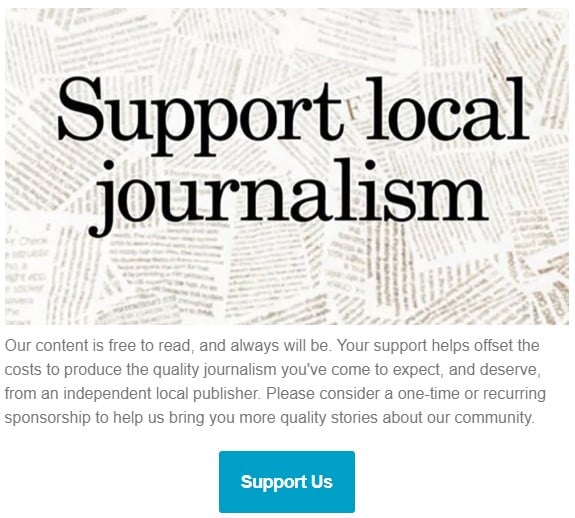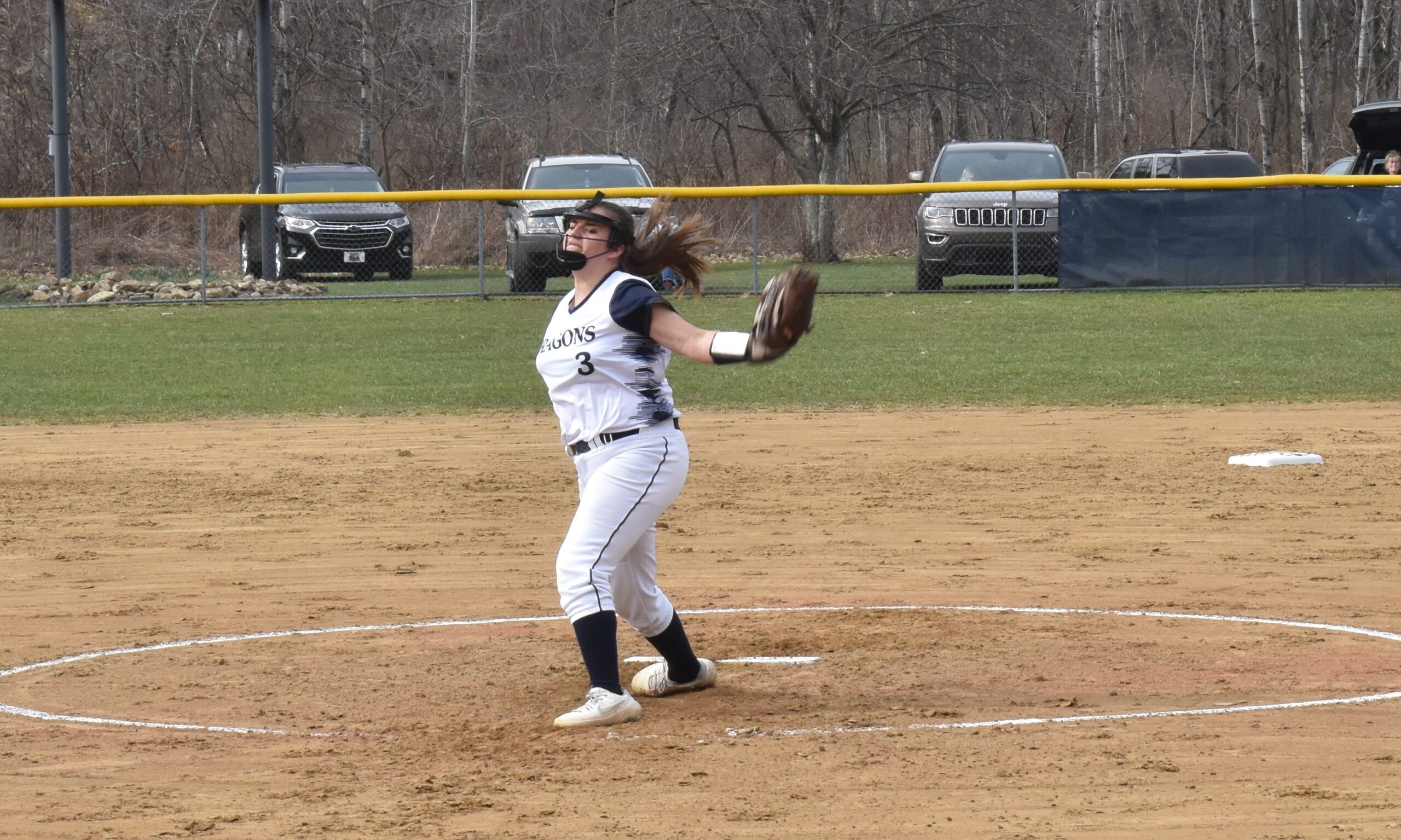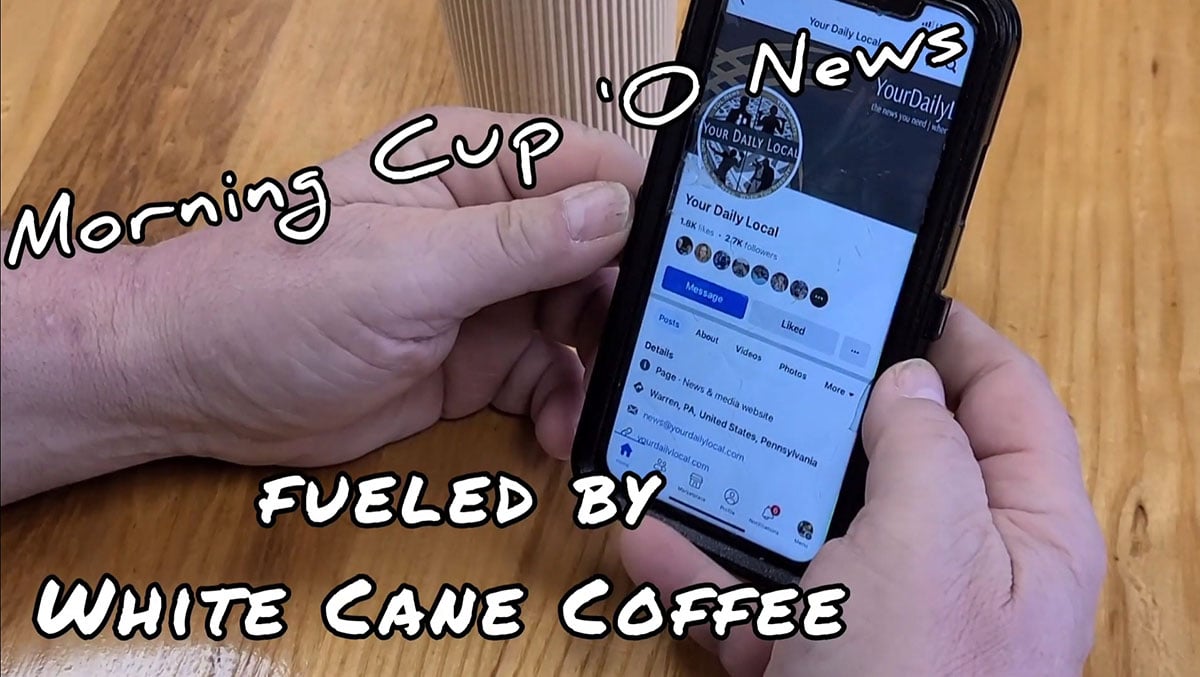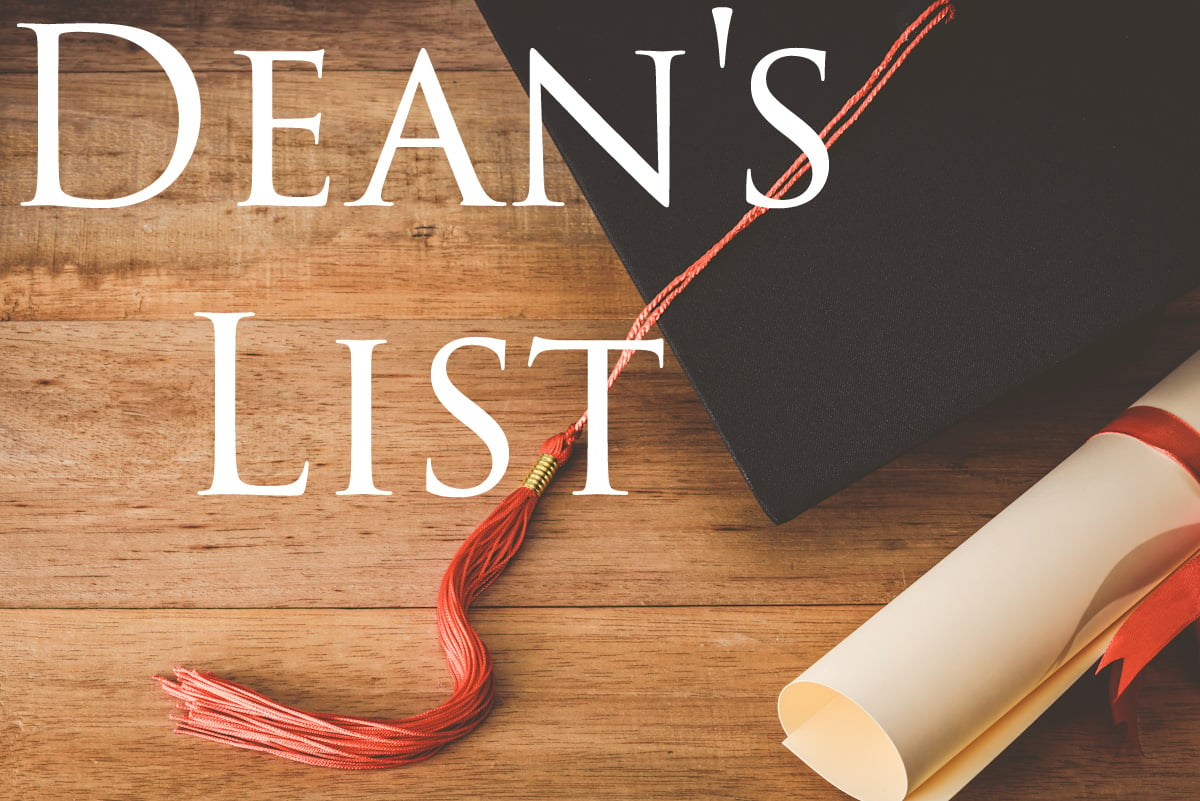Climate problems may seem overwhelming, but people all around this great nation are taking action. This week’s column looks at MISSISSIPPI and the question is: Money helps, but can we change our ways?
If I had to sum up what I learned about Mississippi for this column, I would distill it into three words: gas, oil, and disaster. How do these converge in The Magnolia State?
One thing is clear: Mississippi is far from giving up its deep relationship with fossil fuels. The state is home to the 10th largest oil refinery in the US. Natural gas is also really big – accounting for about 72% of all the state’s power generation. Yes, it is a cleaner and more efficient alternative to oil but it causes the same problems, especially methane emissions, which among greenhouse gases are 80 times more potent than CO2 in the atmosphere. Recent research reported by Reuters points to natural gas drilling, flaring, storage, and transport by gas pipelines as being among the most significant sources of methane leakage in the US. Using remote sensing, scientists have detected unacceptably high levels of methane everywhere from drilling rigs in the Gulf of Mexico off Mississippi to land-based operations in other locations, including PA.
This week’s podcasts cover the 2010 oil spill in the Gulf (the Deepwater Horizon event, aka the BP oil spill from the Macondo well). The first and most recent gives a brief recap of the event and its aftermath but focuses more on the complexities of spending restoration dollars and the long-term nature of the work.
People, Places, Planet Podcast (May 15, 2019)
Restoration Reflections: Gulf Residents Share Their Experiences in the Deepwater Horizon Restoration Processes [~22 mins]
If you are interested in the harrowing tale of the Deepwater Horizon disaster, moment by chilling moment, try this dispassionate reading at audioaz.com, beginning with the 2nd recording:
Final Report from the National Commission on the BP Deepwater Horizon Oil Spill, Part 1 [~32 mins]
If you prefer your bad news stories delivered with a charming Southern twang, I recommend this version delivered by two Southern women who know a thing or two about oil rigs. It’s the same story as above, essentially, but told with a Chandeleur Island Guava Jelly Sour Ale chaser:
Podcast: Southern Discomfort (4/20/2021)
Deepwater Horizon [~65 mins]
Congress established the Gulf Environmental Benefit Fund (GEBF) to dispense BP reparations. It has supported a multitude of projects, many of which directly compensate for the environmental damage done by the spill.
In Mississippi, the GEBF has been used to rethink and now sustainably dump dredging material to help rebuild barrier islands and coastal marshlands. Funding also supports expansions of existing oyster beds in the Mississippi Sound between the coastline and the state’s four barrier islands. Finally, funds are going toward purchases of wetlands to enhance coastal habitat for marsh birds.
Many of the projects are mapped by the National Fish and Wildlife Foundation, one of the major partners in these Gulf projects. See Conservation Priorities at www.nfwf.org/Gulf for more information.
It is hard to put a positive spin on this; I keep coming back to the question of our dependence on fossil fuels and the greed of companies that put such precious assets as the Gulf in peril.
Let me know if you have a podcast to recommend, have a comment about my column, or have trouble finding a particular podcast I’ve mentioned. Happy listening!
[email protected]
Note: This column, part of a series looking at examples of positive climate action, state-by-state, first appeared in the Forest Press 10-12-2022. If you are interested in this state’s topic, check online for updated news, as a lot may have changed in a year and a quarter.
































